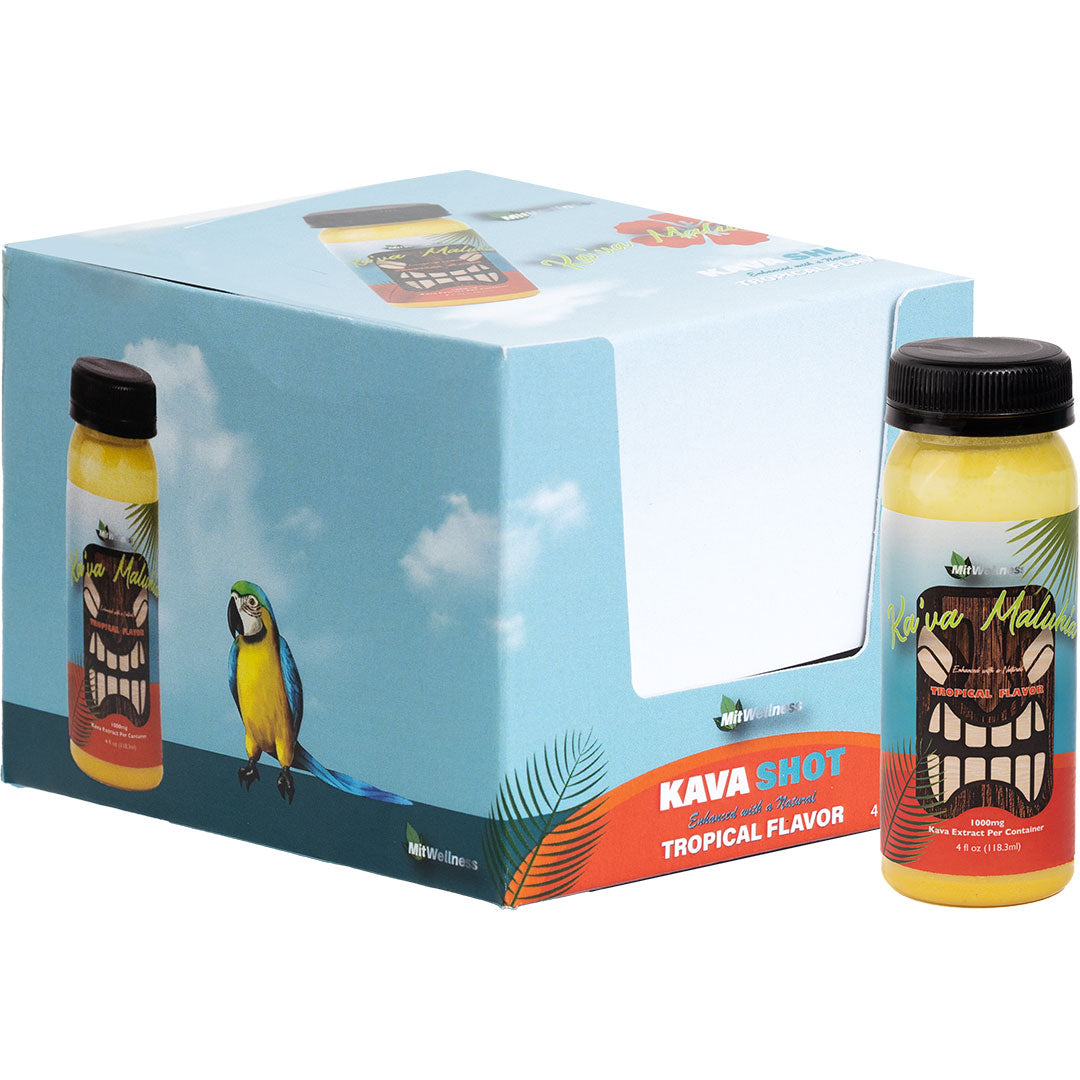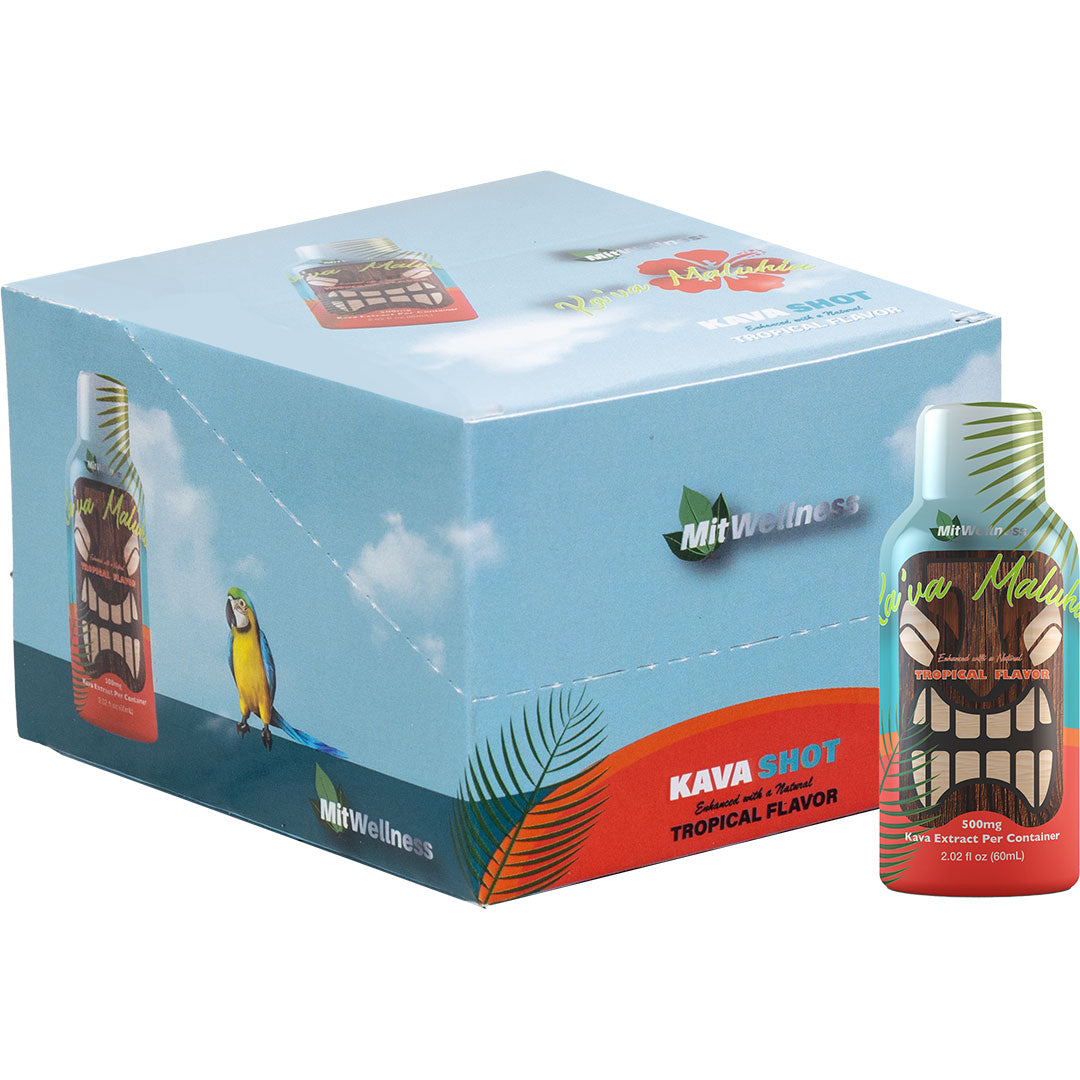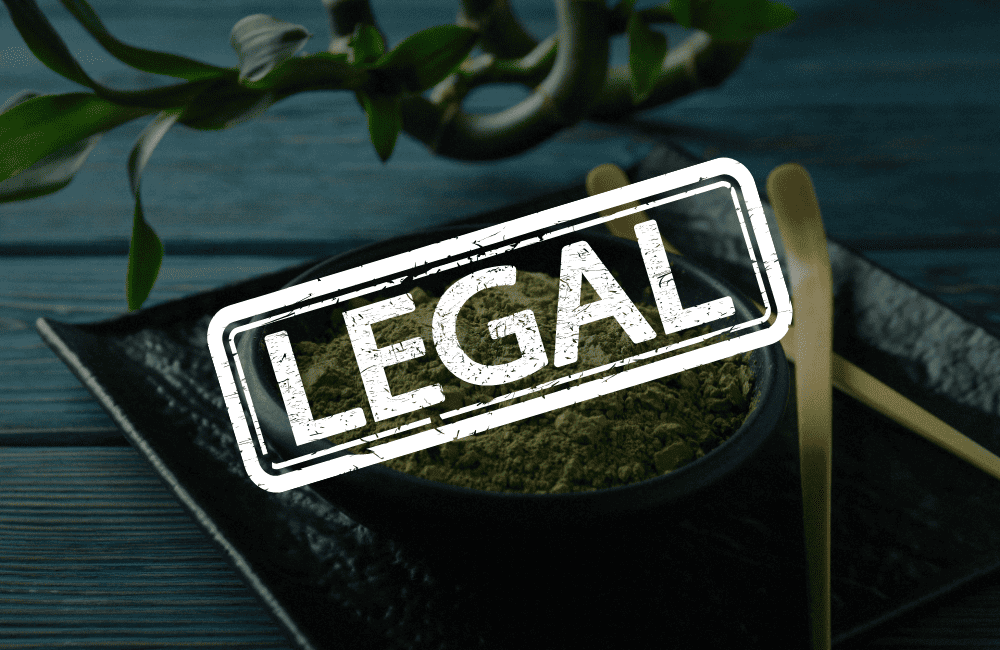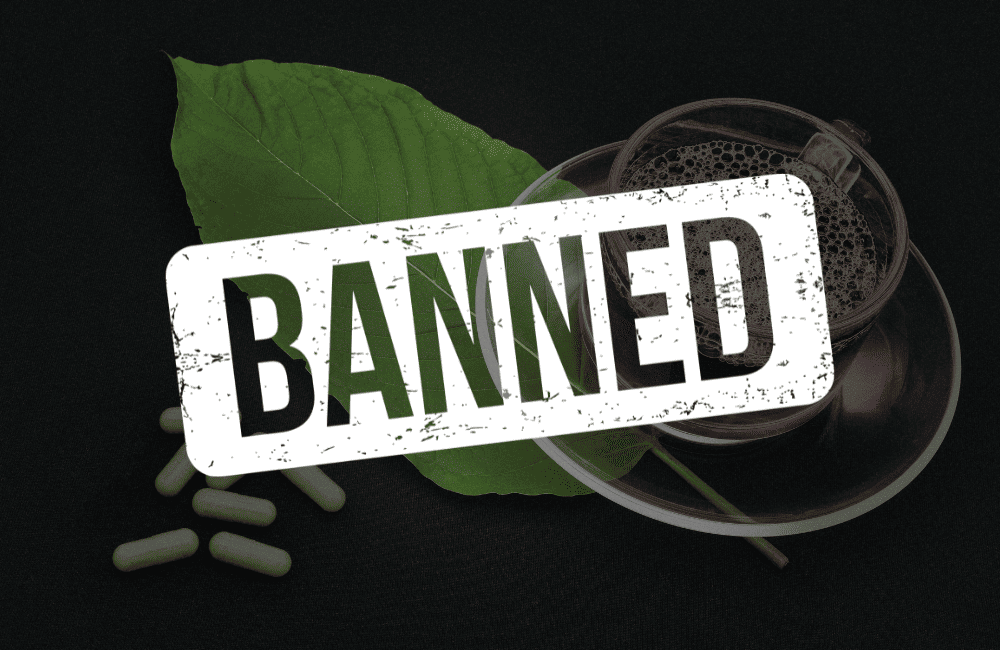
Kratom Legality Near Me In US
Thelegal status of kratomcan be confusing, as it varies across regions. If you are wondering, “Where is kratom legal in the United States? ” We have created a kratom legality map to help you understand the rules in your area. Understanding the current kratom laws is important for anyone interested in buying or using it. Let’s examine how these laws shape access to these products in the U.S. and beyond.
Featured Collections

Prime Lime Nano Kratom Shots
From $19.99
Unit price per
Mood Original Shot

Ka’va Maluhia 4oz Shot

Ka’va Maluhia 2oz Shot
Check Kratom Laws In Your State By Clicking The Links Below
| Alabama | Louisiana | New Mexico |
| California | Michigan | Ohio |
| Florida | Montana | Rhode Island |
| Illinois | New Jersey | Texas |
| Kentucky | North Carolina | Washington |
| Massachusetts | Pennsylvania | Washington D.C. |
| Missouri | Tennessee | Arkansas |
| New Hampshire | Virginia | Delaware |
| North Dakota | Wyoming | Idaho |
| Oregon | Arizona | Kansas |
| South Dakota | Connecticut | Maryland |
| Vermont | Hawaii | Mississippi |
| Wisconsin | Iowa | Nevada |
| Alaska | Maine | New York |
| Georgia | Minnesota | Oklahoma |
| Indiana | Nebraska | South Carolina |
| Utah | ||
| West Virginia |
*These statements have not been evaluated by the Food and Drug Administration. This product is not intended to diagnose, treat, cure, or prevent any disease.
Kratom Legality Worldwide
Kratom legality also differs across countries, with each nation establishing its own rules. Some countries permit its use, while others have banned it due to concerns about its safety and potential misuse. Understanding the updated kratom legal status by country is important for those who want to travel with kratom internationally or purchase it from abroad. As kratom regulations by country are subject to change, staying informed helps ensure compliance and avoid legal complications.

Countries Where Kratom Is Legal Include
- HongKong
- Mexico
- Albania
- Canada
- Austria
- Czech Republic
- Germany
- Hungary
- Greece
- Kosovo
- Netherlands

Kratom Banned Countries Include
- Thailand
- Israel
- Japan
- Myanmar
- Malaysia
- Singapore
- South Korea
- Vietnam
- Australia
- New Zealand
- Denmark
- Finland
- Latvia
- Lithuania
- Poland
- Romania
- Russia
- Sweden
- Argentina
- UK
- Italy
- Switzerland
Why Is Kratom Legal In Some Places But Not In Others?
The current kratom laws are influenced by a variety of factors, including health policies, cultural attributes, and perceptions of its risks and benefits. These factors differ widely, leading to variations in kratom legality. Below are the reasons listed behind the contrasting laws around the world:







